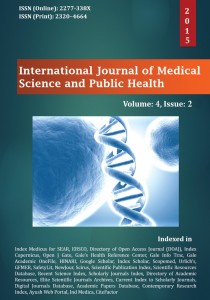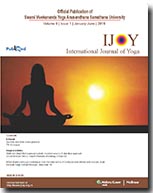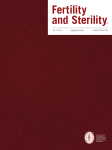 A July article that incorrectly called out nine leading bioethics journals for their lack of availability to researchers in low- and middle-income countries is being pulled after editors of the indicted journals refuted the allegations.
A July article that incorrectly called out nine leading bioethics journals for their lack of availability to researchers in low- and middle-income countries is being pulled after editors of the indicted journals refuted the allegations.
The last author on the article, published in the Journal of Bioethical Inquiry, told us an “innocent mistake” and difficulty navigating a website led the authors to incorrectly note that nine journals had not made their contents available through the World Health Organization’s Health InterNetwork Research Initiative database (HINARI), which gives bioethicists who live in low- and middle-income countries access to research articles either free of charge or at reduced cost. The authors argued that the mistake didn’t affect the paper’s conclusions, but the journal disagreed, and opted to pull the paper entirely.
After searching through the database, first author Subrata Chattopadhyay mistakenly determined that the journals had not made their contents available through HINARI, when in fact they were listed but on a different part of the website.
Even with the error, the authors maintain that their conclusions remain sound and that the field is shaped by a “hegemony of Western bioethics.” Continue reading “Innocent mistake” leads to bioethics article retraction
 A journal has pulled a paper about tools to knock out a key transcription factor because of a conflict between the authors.
A journal has pulled a paper about tools to knock out a key transcription factor because of a conflict between the authors.







